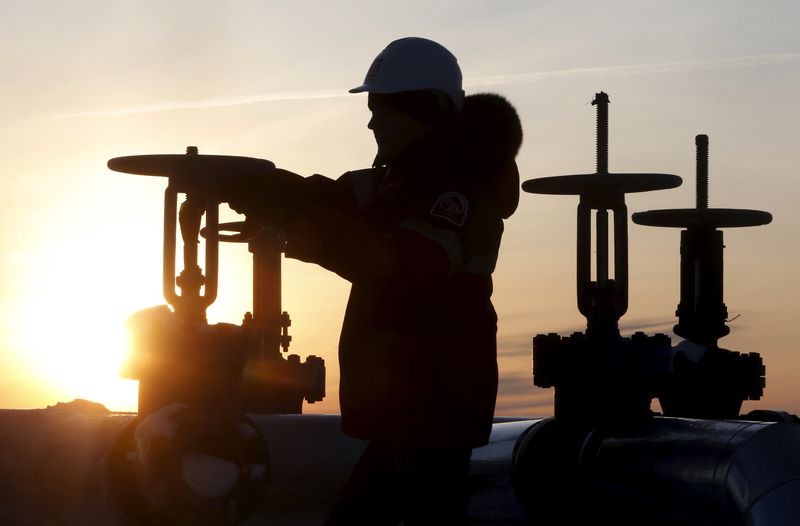By Peter Nurse
Investing.com -- Oil prices fell Tuesday, following news of worsening COVID outbreaks in China, hitting the demand outlook at the world's largest crude importer.
By 09:40 ET (14:40 GMT), U.S. crude futures traded 0.5% lower at $91.38 a barrel, while the Brent contract fell 0.2% to $97.77.
The economically important city of Zhengzhou announced that the number of COVID cases more than doubled on Monday, dashing hopes for an early end of the lockdown that is crimping economic activity in the region.
With other cities also reporting a renewed surge in cases, any chance of Chinese health relaxing their current zero-COVID strategy of strict movement curbs and lockdown measures to curb the spread of the virus looks exceedingly unlikely.
"The Chinese demand outlook is important for the global market," said analysts at ING, in a note. "Global oil demand is expected to grow by around 1.7MMbbls/d next year and China is expected to make up almost 50% of this growth. There is plenty of uncertainty around how the domestic Covid situation develops and how authorities tackle any further outbreaks through 2023."
However, the uncertainty over future demand growth isn’t solely confined to China.
On Monday Federal Reserve Bank of Richmond President Thomas Barkin said the U.S. central bank will "persist" in its efforts to bring high inflation under control, even as the country’s economy shows signs of stress.
"We have the tools to bring inflation down, no matter what disruptions occur," said Barkin.
In the U.K., the Bank of England warned last week of the likelihood that Britain's economy would suffer a prolonged recession, while a flash estimate showed Eurozone GDP growth, released last week, slowed sharply in the third quarter to 0.2% quarter-on-quarter.
Also weighing was the latest Platts survey by S&P Global Commodity Insights, which indicated that the Organization of Petroleum Exporting Countries and allies, a group known as OPEC+, actually raised production by 220,000 barrels a day in October, instead of the cut of 100,000 barrels a day it had pledged.
Still, crude supplies remain exceedingly tight, and the situation could worsen if, as expected, the Republicans gain control of one or both chambers of Congress as a result of the midterm elections, taking place today.
Ahead of the polls, Democrat President Joe Biden ordered the release of crude from strategic stockpiles to help rein in gasoline prices, but such a move may become politically difficult to repeat if his party suffers serious setbacks.
Also of interest, the American Petroleum Institute releases its weekly inventory data later in the session, while the U.S. government will publish its latest Short-Term Energy Outlook.
